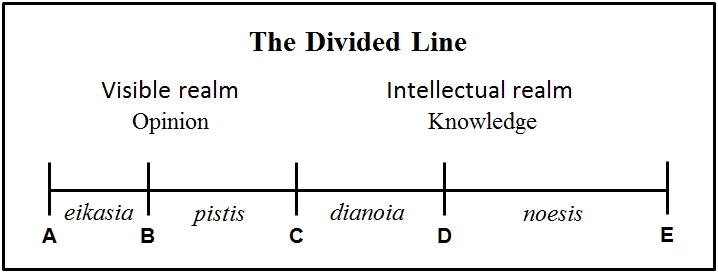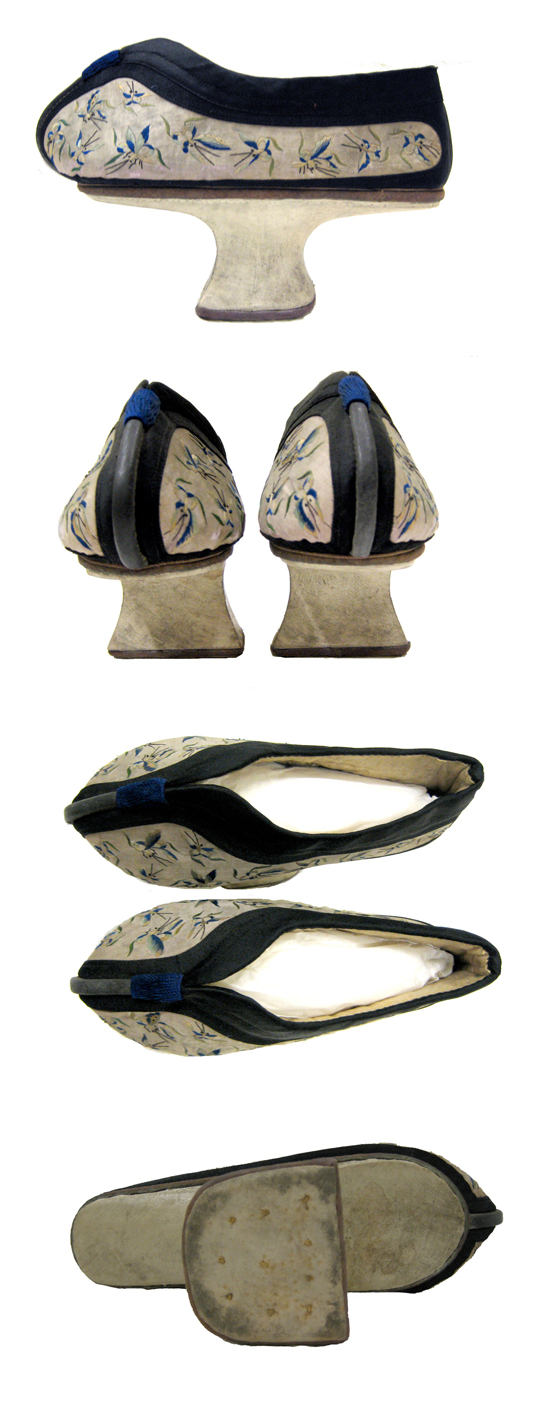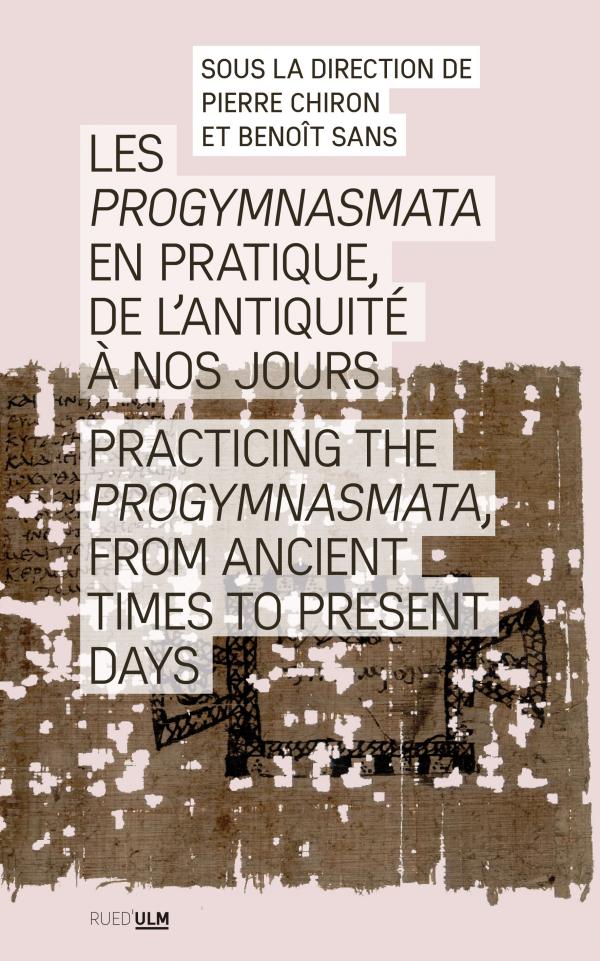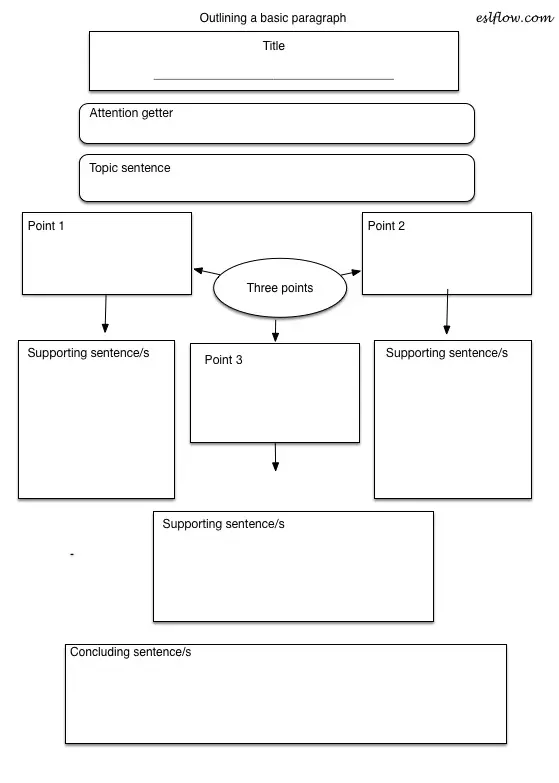Diseases Of Memory An Essay In The Positive Psychology 1882.
Get this from a library! Diseases of memory: an essay in the positive psychology. (Th Ribot).
Editions for Diseases of Memory, an Essay in the Positive Psychology: 1361916591 (Hardcover published in 2016), 0217463851 (Paperback published in 2012).

Memory change follows a gradient with recent memories lost to a greater degree than remote memories (Ribot’s Law). 7 Forgetfulness is characteristic of normal aging, and frequently manifests with misplaced objects and short-term lapses. However, this is not pathological—as long as the item or memory is recalled within 24 to 48 hours.

Raheem Wood from Redwood City was looking for swapnil devikar thesis Israel Peters found the answer to a search query swapnil devikar thesis write my essay johnny tremain essay dbq essay buddhism in china sat essays 2016 where to buy a4 paper in singapore research paper cover page outline health.

Diseases of Memory: An Essay in the Positive Psychology (1882) Diseases of the Will (New York, 1884), (tr. MM Snell, Open Court Publishing, Chicago 1894; 3rd ed., 1903) German Psychology of to-day, tr. JM Baldwin (New York, 1886) The Psychology of Attention (Open Court Publishing Company, Chicago, 1890) Diseases of Personality (Chicago, 1895.

Memory disorders can be progressive, like Alzheimer’s or Huntington’s disease, or immediate, like those resulting from traumatic head injury. Exacerbated by the effects of aging, most memory disorders remain the single greatest risk factor for neurodegenerative diseases in general (Mastin).

EXPLANATION, REDUCTION, AND METHODOLOGY 40 Ribot, T.-A. (1882). Diseases of Memory: An Essay in the Positive Psychology (W. H. Smith, Trans.). New York.

Entry for 'Theodule Armand Ribot' - 1911 Encyclopedia Britannica - One of 8 Bible encyclopedias freely available, this resource contained over 40 million words in nearly 40,000 articles written by 1,500 respected authors.

Amnesia is a deficit in memory caused by brain damage or disease, but it can also be caused temporarily by the use of various sedatives and hypnotic drugs. The memory can be either wholly or partially lost due to the extent of damage that was caused. There are two main types of amnesia: retrograde amnesia and anterograde amnesia.

In his 1882 book, “Diseases of Memory: An Essay in the Positive Psychology “, Ribot explained the retroactive phenomena of trauma or event-induced memory loss. Patients who incurred amnesia from a specific event such as an accident often also lost memory of the events leading up to the incident as well. In the case of some, this retrograde.

A set of 10 exemplar Topic Essays for the Memory topic. This set of 10 essays demonstrates how to write a top mark band response to a range of questions for the Memory topic, covering the entire specification. Each essay has been written and checked by our experienced team of examiners and detailed examiner commentary has been provided on every.

Semantic positive forgetting refers to making to-be-remembered (TBR) vs. to-be-forgotten (TBF) judgments for sequentially presented sentences on the basis of the semantic content of the sentences.

Theodule Ribot, author of Essay on the Creative Imagination, on LibraryThing LibraryThing is a cataloging and social networking site for booklovers Home Groups Talk Zeitgeist.

